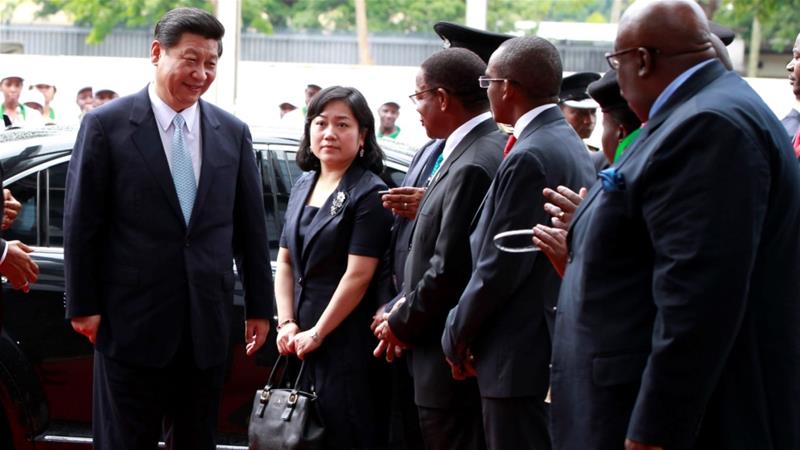China – The African Continental Free Trade Area (AfCFTA) promises to raise the standard of living for more than a billion people by making it easier for Africans to trade with Africans. But its impact will not be restricted to the continent: The historic deal will likely impact Africa’s existing agreements with China, the United States, and Europe.
“To make the deal work, we’ll need Africa’s main partners to support a multilateral trading system,” the World Trade Organization’s deputy director-general, Yonov Frederick Agah, warned during the AfCFTA’s launch ceremony in Niger, on July 7.
While the US and China look for common ground, the middle kingdom’s economic footprint in Africa continues to grow and might benefit from both US unilateralism and the AfCFTA.
Read Also – Mahmood Ahmadu’s Innovate 1 Pay Features On The Front Cover Of The Financial Times
Beijing’s praise
“The launch of the AfCFTA breaks new grounds for China-Africa cooperation,” said Geng Shuang, a spokesperson for the Chinese minister of foreign affairs. Beijing, he said, will continue investing in “infrastructure connectivity, trade facilities and industrial promotion” under the country’s Belt and Road Initiative.
In 2018, US-Africa trade shrank to $61bn, barely 45 percent of its 2008 value. During the same period, the value of trade between China and Africa exceeded $200bn, and projections suggest it is still growing.
AfCFTA critics argue that inexpensive Chinese products will “invade” the African market, damaging local manufacturers’ business, but Tanzanian businessman Ali Mufuruki disagrees. “This is no news: our shops are already full of Asian household articles, electronics and cars,” he told Al Jazeera. “We’re importing everything since decades [ago], while all our resources are shipped out of the continent and our manufacturing sector is still too weak.”
Instead, he said, “the AfCFTA is an opportunity to reverse this trend”. With a rapidly growing internal market of 1.2 billion consumers, “African companies will be pushed to get bigger and go international”.
AfCFTA’s entry into force
Only 28 countries have ratified the AfCFTA agreement, and 26 more (as Eritrea is not to count in yet) are expected to follow soon. Eritrea has still not signed on. On July 1, 2020, most AfCFTA-ratifying countries will start removing customs tariffs on 90 percent of imported goods that were made in Africa, with the aim of removing them completely before 2035.
“At first, countries with fragile economies might lose revenues from customs exemptions and competition of cheaper goods from other continental partners”, the African Union’s Trade and Industry Commissioner, Albert Muchange, said. A half dozen AfCFTA-ratifying countries will then start removing tariffs on only 75 percent of African-made imports to soften the impact of liberalisation on their internal market.
“The game has just started,” said Mukhisa Kituyi, the secretary-general of the United Nations Conference for Trade and Development. The conference played a key role in shaping AfCFTA’s technical details. “Investing in transport, logistics, and infrastructure will be a huge challenge since it’s now cheaper for an Ethiopian good to reach China than Nigeria,” Kituyi told Al Jazeera.




